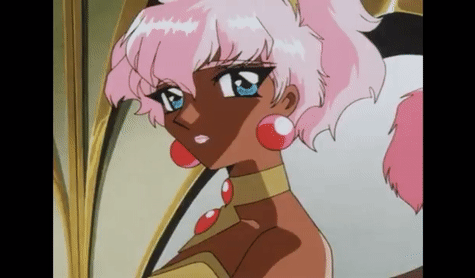The author of this prose has asked to remain anonymous.
💋
Sometimes, I just want to rid myself of these borders, of these names, of my features.
((<>))
.
.
They ask me, “What is your background, your ethnicity?” I want to say
(- “Human.” -)
^\^
But instead, I reply, “I am Iranian but grew up in Canada most of my life.”
…
|
I was born in Iran, and my parents brought me to Toronto, Canada, at four years old. We spent a few short years before immigrating to New York City.
{+++}
It was 2001 when they decided to return to Toronto. In a post-9/11 world, being a Muslim Iranian-Canadian who lives and works in the West can make you feel out of place or ‘othered.’
///
Marked by my headscarf and olive skin,
I would stand out from any crowd.
\./
.
Any time I walked into rooms, heads would turn, and eyes would linger.
~
.
I would scan the room to find salvage in a familiar face or fellow hijabi. I never could predict that even in a foreign land with a mosaic of settlers that I would be the one to feel foreign.
When I traveled, I was criminalized and policed at borders.
<.>
~~
When I traveled, I knew that my self-identity was different from the one others would see me as.
~~
^
Sometimes I was not even given a chance to correct their perception of me; to say,
“I am one of the good guys.”
^
.
Feeling ‘othered’ in the West only catalyzed feeling homesick. Homesick for a motherland that I never really knew.
/((.))\
A motherland so layered like an onion; it changes every few years you go back. The people you thought you knew are no longer the same. The streets you learned like the back of your hand during your summer vacations there had changed overnight.
*
*
Western-style loaves now replaced your favorite Persian bread shop. You could not keep up with the changing language – your ears would fall deaf on new slang terms. It seemed like the motherland you thought you were akin to was fast-changing, and you were left behind.
*
*
It was hard not to feel disowned. Even the Iranians there did not see me as Iranian. It did not matter how much I tried to dress like them to blend in. Every time I spoke Farsi, my slight Canadian accent gave me away.
/((.))\
As a child, I even toyed with the idea of playing mute so that I was not forced to speak to give my identity away.
Every time I returned from my trips abroad to Iran, I spiraled into a diasporic identity crisis.
.
~.?
.
I tried to hold onto my roots by speaking Farsi at home with my family and by reciting Rumi and Hafiz’s poems.
“`
“`
I learned to cook Ghormeh Sabzi like my grandmother. I started to take Persian calligraphy classes. I tried so hard to hang onto the fraying threads of my Iranian identity.
“
`
I knew that these efforts were fleeting. The fact was I didn’t feel Iranian or even Canadian – whatever that means nowadays.
(**)
I just thought I was a circus act of trying to balance a dual identity that clashed often.
(**)
It wasn’t until I joined a youth-led Islamic leadership workshop retreat that I met many others like myself. Children of immigrants and of refugees, some displaced by war, some fleeing persecution, and others whose parents have come here simply for a better life.
\/\/\/\
I made life-long bonds with others who struggled with a dual-cultural identity. Add religion to that mix, and things get even spicier.
|
We had many conversations about what it means to be living in a diaspora.
/((.))\
"Love is the bridge between you and everything."
Rumi Tweet


